“Adapting to adversity”. Resilience is the ability to do just that, to roll with the punches despite the challenges before you. Could resilience help build a better world? Rather than “reacting” would we be better off taking deliberate, planned and proactive risks?
This week on Full Frame, we explore how embracing resilience could help companies, organizations and people thrive in the face of unpredictable events.
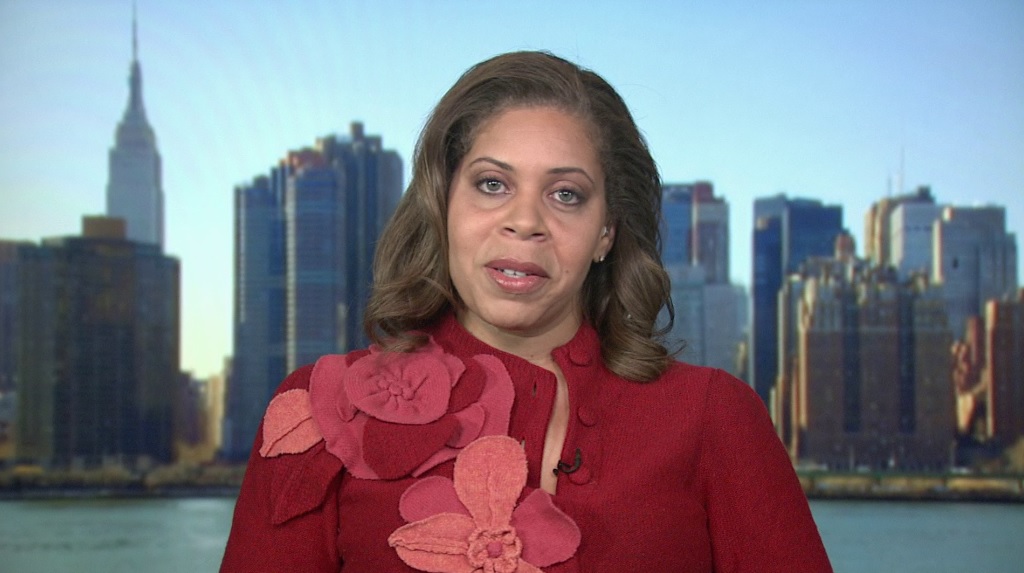
Sundaa Bridget-Jones is The Rockefeller Foundation’s associate director of international development.
When nations and communities face adversity, from raging storms to civil wars, surviving them takes resilience. But can we learn to be resilient, regardless of the challenge?
A new public-private partnership believes the answer is yes. The Rockefeller Foundation’s Global Resilience Partnership is trying to help community members across Africa and Asia build their resilience to challenges like extreme poverty and climate change.
One way they hope to start the process is with a global competition, called the Global Resilience Challenge.
Sundaa Bridget-Jones is The Rockefeller Foundation’s associate director of international development. From New York City, she joins May Lee in our Los Angeles studio to share more about how the competition is helping the world’s most vulnerable communities become stronger and more resilient.
Connect with The Rockefeller Foundation on Facebook
Whitney Gantt and Allison Huggins: Global Resilience Challenge Winners
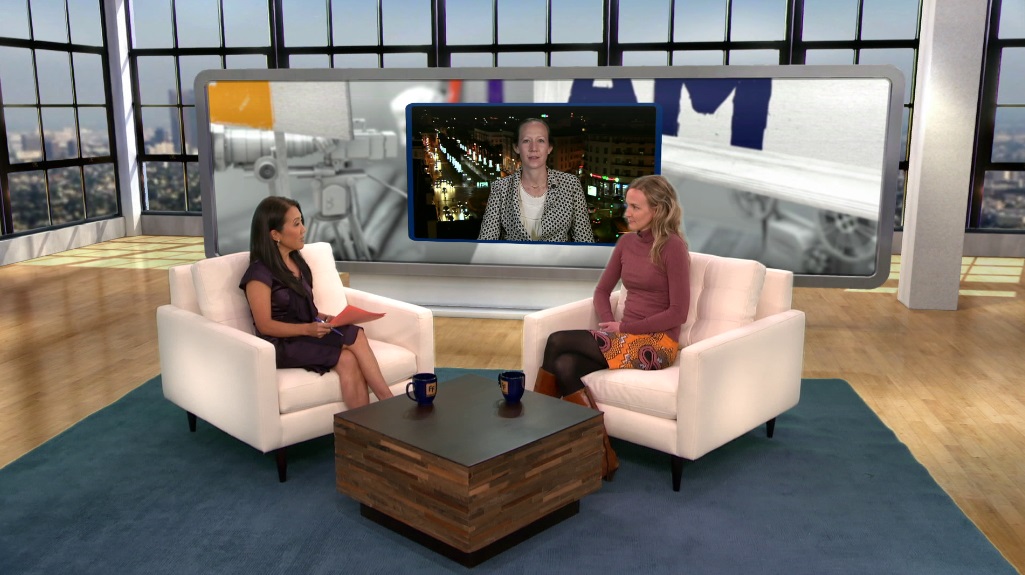
Whitney Gantt and Allison Huggins: Global Resilience Challenge Winners
Developing resilience in places like West Africa where war threatens access to food, or in Southeast Asia where typhoons plague farmers, can seem like an impossible task, but eight teams, from around the globe, are tackling some of the world’s most difficult challenges. The groups recently won grants from the first Global Resilience Challenge. It means they will each bring home up to a million dollars to implement and strengthen their solutions to these regional problems.
Leaders from two of those winning teams join May Lee in our Los Angeles studio. Whitney Gantt is Grameen Foundation’s global director for mobile agriculture. Her team plans to help coconut farmers in the Philippines.
And Allison Huggins joins the conversation from Rabat, Morocco. She is the country director at Mercy Corps in Mali. Her team plans to use its winnings to financially help communities in the fragile drylands of Africa.
Dr. Sangeeta Bhatia: Pioneering the “microliver”
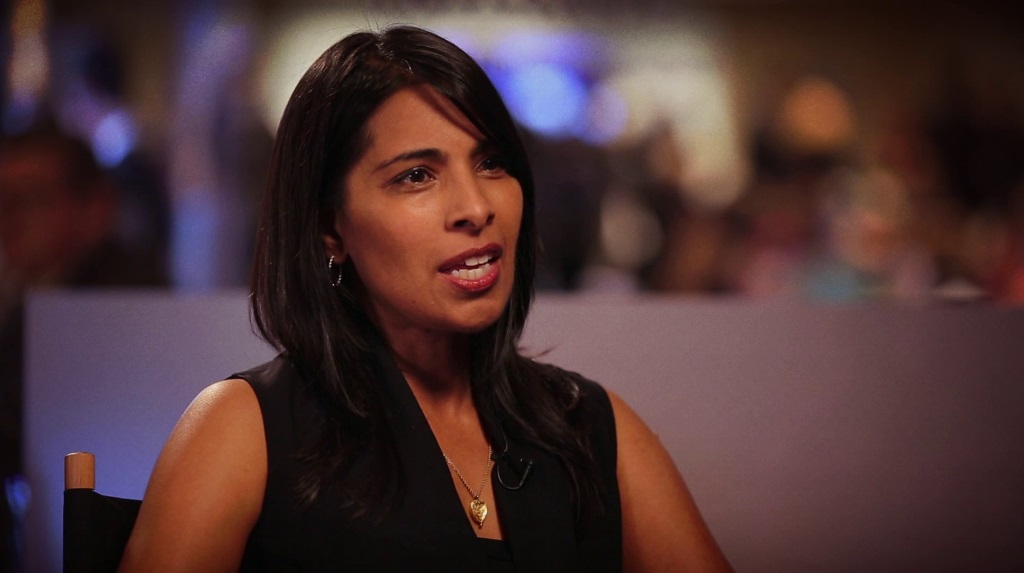
Sangeeta Bhatia pioneered a way to create “micro-livers” that are sustainable outside the human body.
Conducting medical research can be challenging. Just ask world-renowned bioengineering professor Dr. Sangeeta Bhatia. After years of failed experiments, trying to create an artificial liver, Dr. Sangeeta, a then-grad student at MIT, persevered. She worked hard to overcome the obstacles and her resilience paid off. She pioneered a way to create “micro-livers” that are sustainable outside the human body. Her groundbreaking research has revolutionized the world of artificial organs used for transplants.
May Lee sat down with Dr. Bhatia at the 2015 Clinton Global Initiative to discuss her motivation and how her innovative idea is making the world a healthier place.
Frank and Margaret May: Rushing into romance
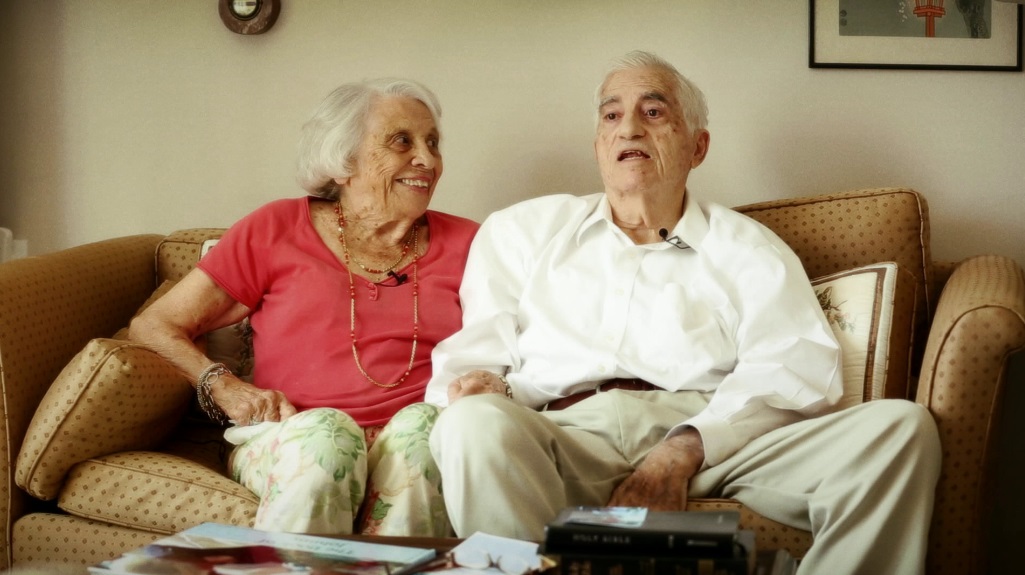
Frank and Margaret May’s love story began not too long ago.
Nothing makes us stronger than love. Research has shown that healthy, loving relationships can help build resilience for people facing stressful or traumatic situations. Love, as it turns out, can help buffer our hearts.
But, is a week enough time to discover love? And then marry within a month of meeting? Well, we found one couple who are out to prove that rushing into marriage, may not be such a bad thing.
 CGTN America
CGTN America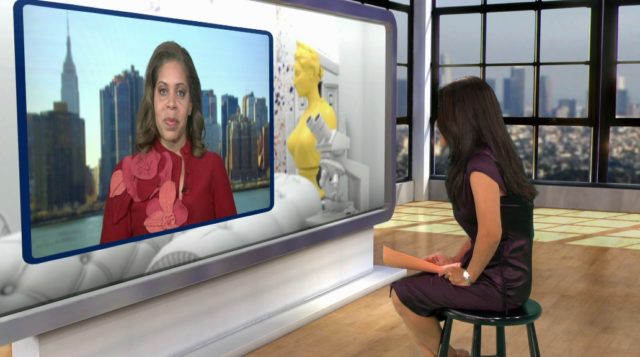 Sundaa Bridget-Jones is The Rockefeller Foundation’s associate director of international development. From New York City, she joins May Lee in our Los Angeles studio to share more about how the competition is helping the world’s most vulnerable communities become stronger and more resilient.
Sundaa Bridget-Jones is The Rockefeller Foundation’s associate director of international development. From New York City, she joins May Lee in our Los Angeles studio to share more about how the competition is helping the world’s most vulnerable communities become stronger and more resilient.
